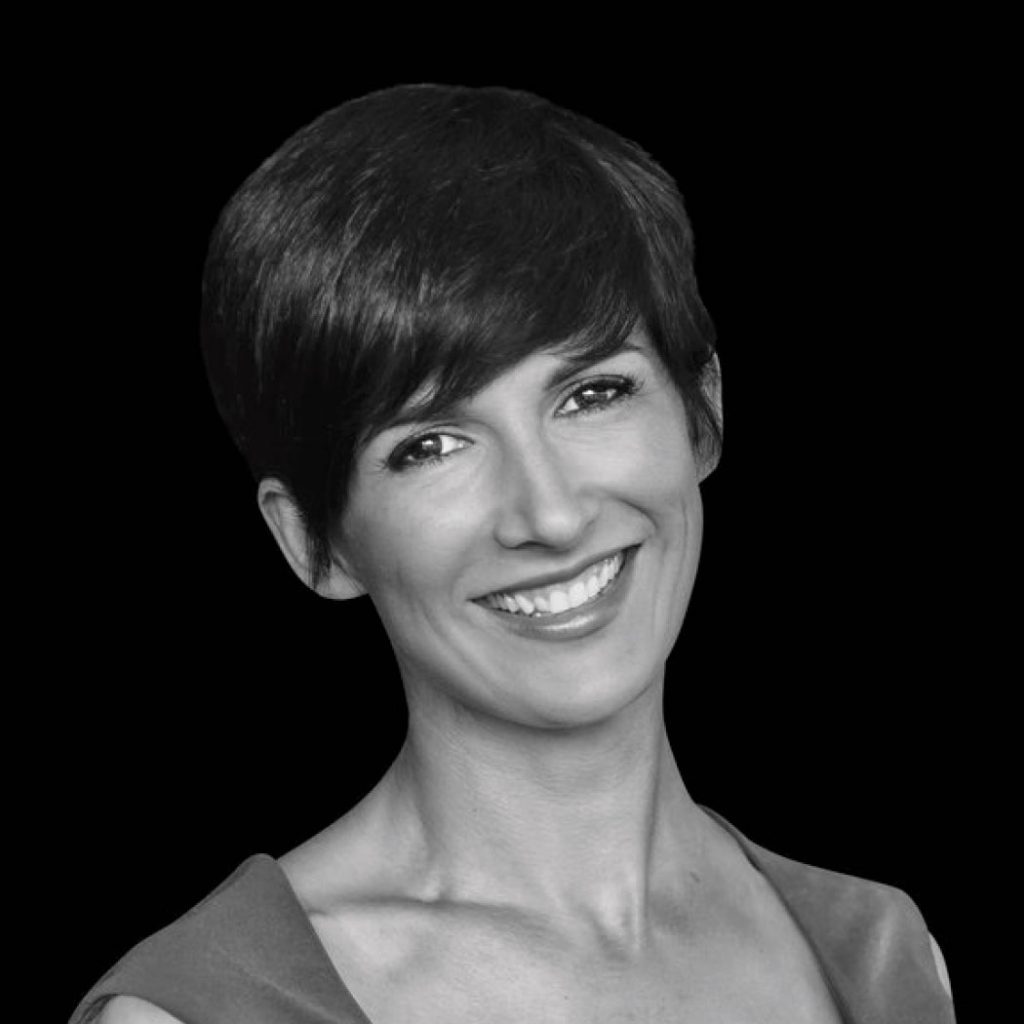MEET PERSUASION EXPERT AND PROFESSOR AT THE YALE SCHOOL OF MANAGEMENT- ZOE CHANCE
At this year’s upcoming WOBI World Business Forum in New York join us to hear from Zoë Chance. The two-day November event, brings together thousands of business leaders to be inspired by some of the world’s most renowned speakers from business and beyond. Immerse yourself in new ways of thinking that challenge your current mindset Only a few spaces remain for our 2 day tour! https://newyorkstudytour.com/
Zoë advocates for “Timing” how the timing on when to influence is just as important as how. “Observation” You need to observe the individual, but also the environment around the individual, in order to successfully exert influence. “Understanding” You need to first understand what influences you in order to influence others and most importantly “Ease” Ease is probably the biggest influence of all.
Here is Zoë’s TEDx talk How to Make a Behaviour Addictive at TEDxMillRiver
Zoë Chance examines persuasion and decision-making through the lens of behavioural economics. Her work is focused on helping good people and businesses do good in the world. A professor at the Yale School of Management, her MBA elective, How to Make Behaviour Addictive, is one of the most in demand courses at the school. Chance is currently writing a book on influence and persuasion, scheduled for release in 2020.
Passionate about turning knowledge into practice, Chance’s research has been published in top academic journals and influential business media such as the Harvard Business Review, The New York Times, The Wall Street Journal, The Economist and the BBC. Her 4Ps Framework for Behaviour Change is the foundation for Google’s global food guidelines, helping 60,000 people make healthier choices every day. She also collaborates with various industry partners through her work at Yale’s Center for Customer Insights.
How do we influence?
Zoë will share her insights on how to Mastering Influence and Persuasion
- Crash course on behavioural economics: the real drivers of people’s decisions and behaviour are not what you would expect
- How to connect more authentically, communicate persuasively, employ principles of motivation, and better understand how people make decisions
- Expand from the interpersonal to the interpersonal – from influencing the self to influencing consumers and society
- Discover and develop your own style of influence, and use this to influence behaviour by shaping the contexts and environments in which decisions are made

Zoë was a Brand Marketing Manager working for Matelle for Barbie, enjoyed hearing all about the research and insights presented she wanted to learn to help people make better decisions. After studying at Harvard in marketing and behavioural economics she completed her PhD research and realised I “it was naïve to imagine anyone can change how people make decisions—but that if we can understand how they make decisions then we can have a better hope of influencing them”.
At Yale School of Management, Zoë created a course that brought together her research on behavioural economics, and experience in marketing, sales, and negotiations, and public speaking.

If you look at almost any firm that has disrupted not just its competitors but its entire industry, it’s likely they were innovating on the dimension of ease.
Here is a Q&A with Zoë on advice for marketers to help us better identify those moments and influence those moments?
Zoë: People are busy, and their attention is so scattered. So how can you stop wasting marketing dollars on messages that never even get seen or read or opened? Behavioural economists ask, what are people already paying attention to?

The Yale Center for Customer Insights did some work with a large media company. They have a paywall subscription service where you can read a certain number of articles free every month, and then when you try to read another one, you get blocked. They told us a huge number of people were hitting the paywall in the morning, but then weren’t buying the subscription.
The problem was that in the morning, people are in a rush to head off to work or get kids ready for school. Their attention is elsewhere, and they won’t spend time entering credit card information and all that.
When this company paused the paywall in the morning and kept it for the afternoon, subscriptions increased a tremendous amount because people who were checking the news in the afternoon were looking for a break from work. When you hit the paywall, you see the subscription process as a productive distraction, “Oh, well, now I have to enter my credit card information so I can download this really important article.”
In a way, although you can’t control that person’s perception, you’re actually manipulating the environment around them in order to set them up or match what you’re trying to achieve with what they’re trying to achieve. Can that ever go too far?
Zoë: Much of the time I’m on a soapbox trying to persuade brands to make it as easy as possible to do business with people. Make it as easy as possible to take the next step, wherever you are on the customer journey. Amazon has done phenomenally well with this, but in one situation, they made it too easy.

Do you remember the Dash button? A physical button programmed to order one specific product, and you put it somewhere in your house? It seemed like a good idea, but it hasn’t panned out that well. And one problem was the buttons made it too easy to order products. Even small children could do it—and they did.
If you were able to give someone a challenge or an assignment that would get them to really start to appreciate some of your teachings and learnings, what might that ask be?
Zoë: It would be the challenge I start my MBA class with. It’s a 48-hour challenge. In the first 24 hours you say “no” to every request. In the second 24 hours, you say “yes, and—” agreeing to others’ requests and adding your own request of something that would make you happy.
This challenge reveals a lot about your own habits that’s gone under the radar. For many, many, many of us it’s much harder to say no than we realize. We have beliefs that other people won’t like us if we say no, or we’ll ruin the relationship or something. As a result, we end up getting so much of our time and attention sucked away by being unwilling to say no. But practice shows you that other people are okay with you declining respectfully. Learning to say no can be transformative.

The “yes, and” piece helps us practice imagining how could the world be even better. What does that look like? And people are surprised to discover we can actually improve our relationships and deepen our relationships by asking people for other things. If we tell ourselves asking is always selfish, then we’re shutting down a lot of possibilities. That’s the 48-hour challenge.
Aptly named Mastering Influence and Persuasion, for MBA students and also for executives from all over the world. It went really well except for one thing: the standard influence techniques I was teaching. Like scarcity, social proof, and commitment and consistency.

Students and executives would tell me, “We can’t use those influence techniques on the people that we most need to influence.” Arm’s-length transactional tactics may work sometimes with customers, but not with our colleagues, and not with our kin.
That’s what set me off on this journey of trying to figure out how we can influence those we respect and care about—which means influencing in ways we’d want to be influenced ourselves. And of course, customers prefer more respectful influence strategies too.
This is a fully immersive experience in this dynamic city which will help you take your Business and personal development to the next level! Join us for 2 days.
Get your tickets- 2 day Study Tour
To learn more about the Business Innovation and Leadership New York Study Tour head to https://newyorkstudytour.com
Look forward to seeing you there!
Cheers,
Angela Mellak
Founder Digital Women’s Network
Founder- Digital White Space
M:0466619631
Level 3, 162-168 Collins Street, Melbourne VIC 3000
Do or Do not, there is no try!
Zoe Chance | Author, Assistant Professor of Marketing | Better Influence, Yale School of Management
